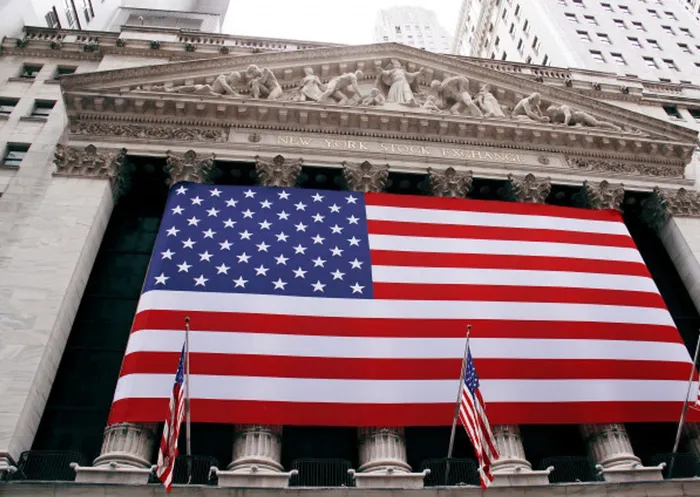US stocks fall

thephotoholic thephotoholic
Simmering worries over the European debt crisis boiled over Wednesday after Spain failed to raise as much money it wanted at a bond auction.
US stocks fell sharply, following big declines in Germany, France and Spain.
The benchmark Dow Jones industrial average fell to its lowest level in a month. The index declined 157 points to 13,042 at mid-morning Wednesday. The Standard & Poor's 500 index fell 17 points to 1,396. The Nasdaq composite dropped 51 points to 3061.
The declines were broad. Nine of the 10 industry groups in the S&P 500 index fell.
The worries from Europe surfaced just as investors' mood was already dampened from the Federal Reserve signal that it may be less willing to provide more stimulus to the US economy. The Fed's policy makers were encouraged by recent reports of job growth in the US and seemed more willing to allow the economy to move forward on its own.
The Fed's signal came at a time when investors have become increasingly worried about the global effect of a recession in Europe and the ability of countries there to make large debt payments that are coming due.
“Despite the relatively strong run we've had in the US, there's a number of headwinds out there, the main one being Europe as we can see today with Spain's poor auction,” said Bernie Kavanagh, vice president portfolio management at fund manager Stifel Financial.
Spain, which has the highest unemployment rate of 23 percent among Eurozone members, has become a flashpoint of worry for investors after Greece recently received its second bailout from international lenders. Last week Spain announced austerity measures which will likely slow down its economy further.
That concern was evident in the bond markets. The yield on Spain's 10-year bond spiked 0.25 percentage point to 5.65 percent after the country's borrowing costs rose sharply in a bond auction, a signal that investors' confidence in the Spain's finances is weakening. A month ago, that rate was below 4.9 percent.
On Wednesday, Spain planned to raise as much as e3.5 billion of debt, but managed to sell only e2.6 billion ($3.5 billion).
The prospect of global economic weakness hurt bank stocks. Citigroup fell 3.7 percent; Bank of America 3.2 percent.
Minutes from the Fed's last meeting, released late Tuesday, started a sell-off that began in the US and extended overseas. Ever since the financial crisis and deep US recession, governments have worked actively to prop up economies damaged by the global downturn.
The government stimulus is one of the key reasons behind large market rallies from the lows they hit around three years ago. Central banks around the world, notably the Fed, have provided big injections of money into the financial system. There have been some hopes recently that the Fed would authorise another bond-buying program, which keeps rates low and pumps money into the financial markets, boosting stocks and commodities.
The dollar rose and commodities prices fell sharply. Gold plunged $54, or 3.3 percent, to $1,625 an ounce. Silver fell 5.7
percent, copper fell 2.4 percent and crude oil dropped 1.2 percent.
The stocks of materials and mining companies fell in response. Newmont Mining was down 3 percent, while Freeport-McMoran Copper fell 2.6 percent. Aluminum maker Alcoa Inc. fell 2.2 percent, one of the biggest declines among the 30 stocks in the Dow average.
Sears Holdings Corp. fell 5 percent. The retailer is reportedly planning to sell the casual clothing line Lands' End that it acquired in 2002. - Sapa-AP